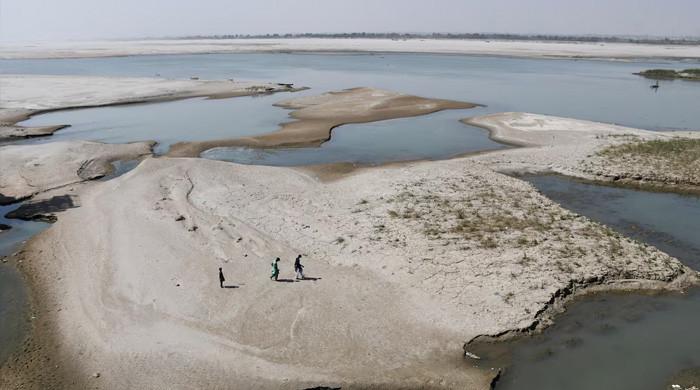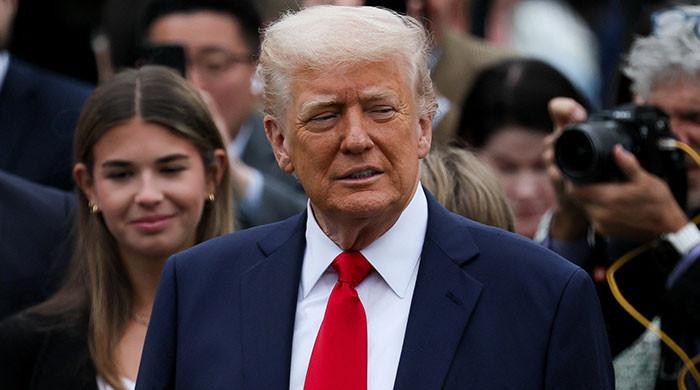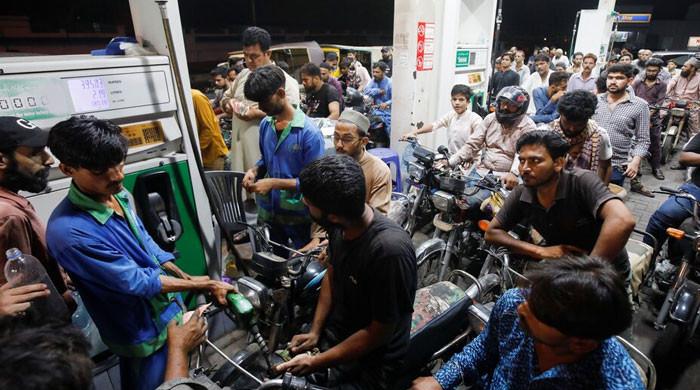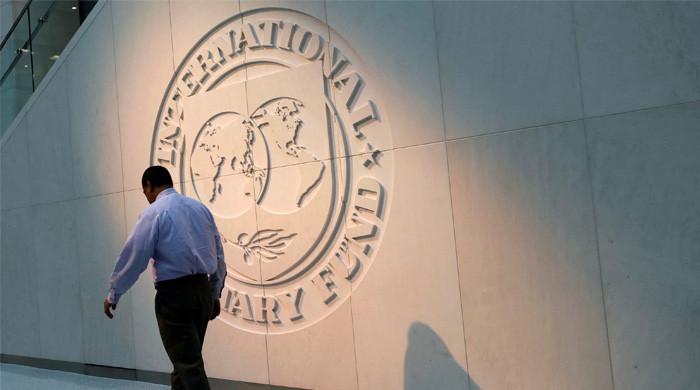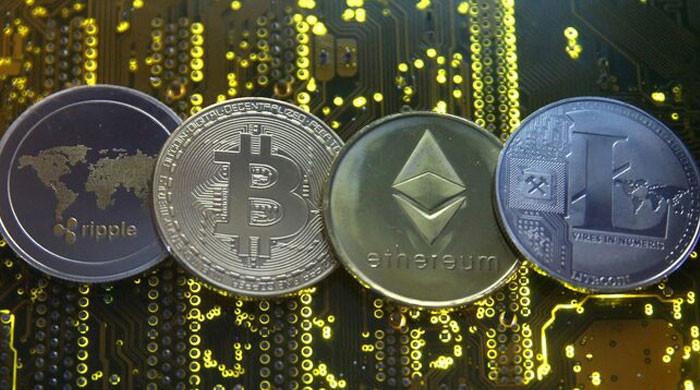Thinking about a charter of economy
If Pakistan’s vision is to create an egalitarian society, its goals should be to decrease income and wealth inequality and empower citizens, writes Dr Shahnaz Khan
September 26, 2022
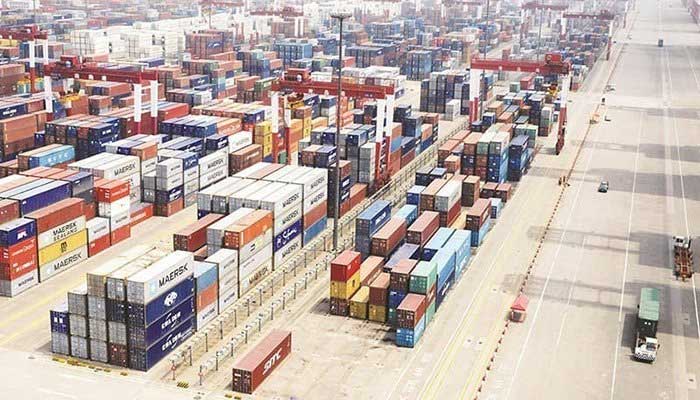
The economy is a way of creating and distributing wealth and opportunities and is closely linked with the well-being of the people. The system of how the economy is organised determines whether the outcome will be wealth concentration or a more egalitarian or inclusive system. The state’s responsibility to prevent wealth concentration is enshrined in the constitution. This should be the starting point of any charter of economy.
History tells that religious leaders, thinkers and philosophers have always promoted the concept of equality/‘masawat’. Technological advancement has increased the productive capacity of the world to such an extent that it is inexcusable to have poverty and hunger anywhere in the world. On December 12, 1974, the UNGA adopted resolution 3281, containing the ‘charter of economic rights and duties of states’. But, it was more like a wish list. So, let’s focus on Pakistan.
If Pakistan’s vision is to create an egalitarian society, its goals should be to decrease income and wealth inequality, end poverty, uplift living standard, promote human development, end oppression and exploitation of people, and empower citizens.
Let’s have a look at the main drivers of this agenda:
Industry: Pakistan is much behind in the race to industrialize. In the past, wherever industrialization happened, it was initially due to the state’s direct involvement. The private sector also rose with the support of the state. In Pakistan, the private sector has neither the will nor the resources to take any initiatives. The state has to facilitate this sector and control the commanding heights of the economy. The textile sector accounts for 60% of our exports, mainly to the US and the UK. The country needs to broaden its product range for exports and diversify export destinations. Only the state has the resources, capacity and ability to get involved in riskier ventures.
Agriculture: it is the second largest sector in Pakistan and contributes 21% to GDP, employing 45% of the total labour force in the country. By improving this sector, we can uplift a large section of the population. According to the Pakistan Business Council, due to outdated methods, the yield of five basic crops is 50% of the global best. Livestock and dairy is largely on a subsistence basis with poor yield. Horticulture needs more attention.
Water scarcity and climate changes are looming challenges. Food insecurity is a big issue, which can also lead to social unrest. There is an urgent need to invest in technology, upgrade techniques, water infrastructure and new seeds, and strengthen research in this sector whose optimal performance will not only reduce the need for imports by producing items for daily use but also increase exports.
Land: it is a strategic asset for any country. In Pakistan, however, it is not only a source of food, shelter or various public use but also a source of oppression, exploitation and wealth and power inequality, leading to economic, social and political superiority of the landowners. Land ownership has created a class with a feudal mindset which claims a much larger share in the country’s wealth, power and decision-making. It is a remnant of colonial times and it is time to abolish it.
Land speculation has driven land prices to a level where home ownership has become a dream for even the middle class, let alone the working class. Private investors prefer investing in land instead of technology and industry. The land mafia, which is willing to take lives over land disputes, is a result of this. There is an urgent need to develop a comprehensive land policy, keeping in mind future needs as well.
Human development: over two-thirds of Pakistan’s population is under the age of 30 – mostly uneducated, unskilled and unemployed. Even those with higher degrees are finding it difficult to get appropriate jobs; this could be due to poor-quality education. Most of Pakistan’s overseas labour force is unskilled. The educational system needs a complete overhaul with a focus on critical thinking, open mindedness and ability to question existing dogmas. With two million young people entering the workforce annually, job creation has to be made a priority. Without gender parity in education and jobs, any charter of economy will have little value. Directionless, frustrated and angry youth is a threat to national security and a cause for social unrest rather than a promise for progress.
Environment: in 2018, the Global Climate Risk Index ranked Pakistan as the fifth most vulnerable country to long-term climate change effects. The recent floods are proof of this. Climate change is a global problem, but Pakistan faces two existential dangers: water scarcity and deforestation. The most important area that is being neglected is public education to create awareness about citizens’ role in conserving water. We need to pay attention to reducing water losses due to unlined canals and wastage, conserve rainwater by building small dams and water reservoirs and make large water filtration plants to provide clean drinking water. Deforestation is a result of poverty as 69% of the population is dependent on wood for daily energy source; this has been made worse by the population explosion. The timber mafia has been cutting trees illegally with impunity and needs to be controlled.
Labour policy: one fundamental reason for poverty is the below-subsistence minimum wage. The concept of a living wage has replaced the minimum wage worldwide. This along with state-sponsored education, healthcare and other basic facilities is the starting point towards a more level playing field. Strengthening trade unions will help workers negotiate better wages and other rights for themselves.
Taxation system: Pakistan’s regressive tax system is perhaps one of the most complex systems in the world. The ratio of indirect taxes has to be reduced to ease the burden on people. The issue of tax on agricultural income has to be addressed. Many experts including Dr Ikramul Haq have presented proposals to improve this, but due to lack of political will, nothing has changed.
Banking sector: it is perhaps the most exploitative system at the national and international levels. However, it is an integral part of the modern global financial system. According to some estimates, for each dollar borrowed from international financial institutions by poor countries, 25 dollars are paid in debt servicing. To reduce the negative impact of this sector on people, strong laws are needed to monitor the banking system in Pakistan. State-owned and private banks, especially cooperative banks, need to be encouraged. The focus of these banks should be on community development, not profit making.
Research and development: New products, new technology, new techniques and innovation in any walk of life have deep connection with the economy, especially a knowledge-based economy.
Before we draft a charter of economy, we must decide on the end goals, which will determine the kind of economic system we want. Also, just writing down a document is not enough. There has to be political will to implement it. And this is where the problem lies.
The writer is vice chairperson of the Barabri Party Pakistan and tweets @shahnazsk
Email: [email protected]




